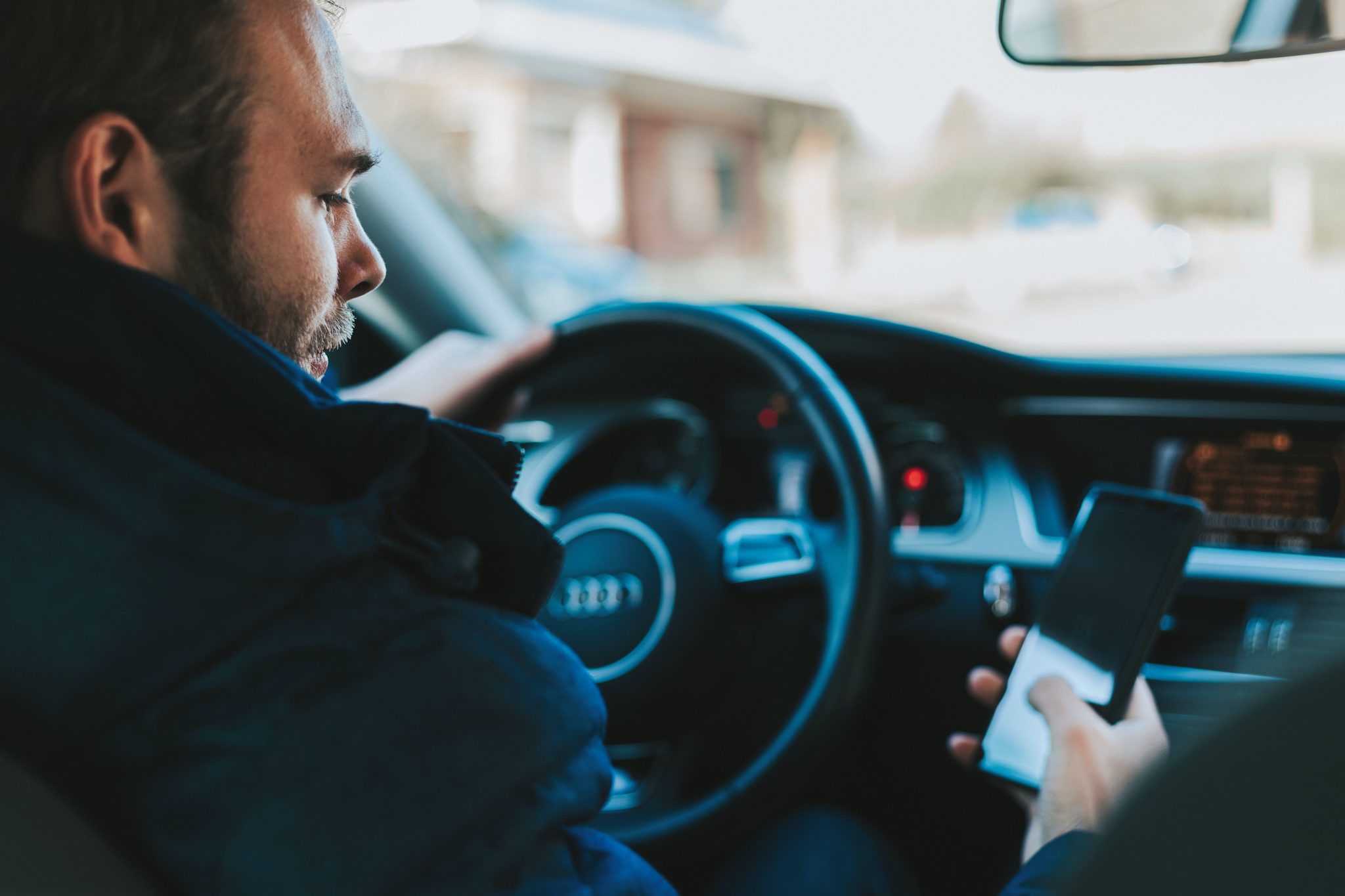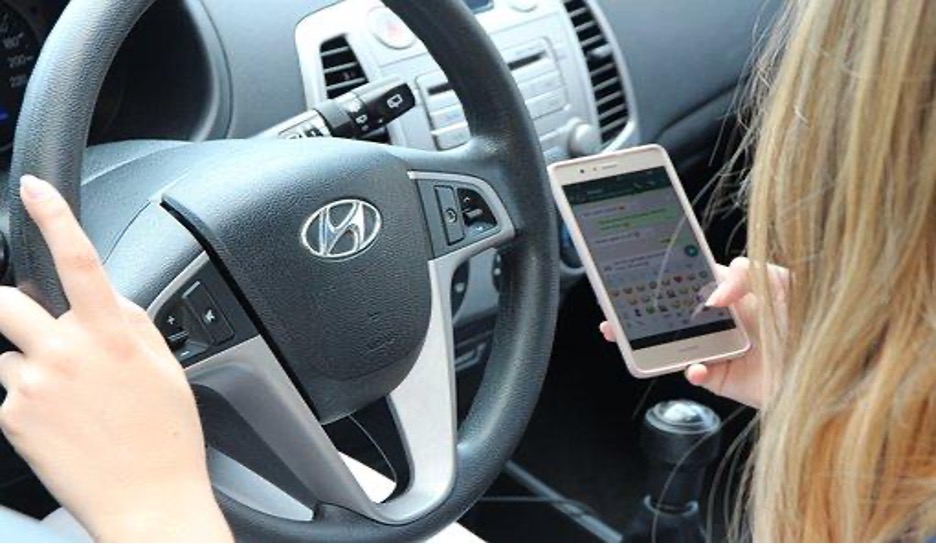Do you send text messages or emails while driving? Or perhaps, answer calls or drink your morning coffee as you drive? If you do these things, then you are engaging in what’s called distracted driving, a very dangerous behavior.
Distracted driving is any activity that takes away the attention of a person from the task of driving. A very common example of driving distraction is using mobile devices which includes texting, talking on the phone, sending emails and browsing.
Adjusting your radio or navigation system while behind the wheel is also considered distracted driving. Even eating or talking to your passenger/s can disrupt your focus and prevent you from driving safely.
Like most people, you probably think that doing other things while you are behind the wheel is okay. After all, you’ve done this several times and nothing bad happened. But the reality is that this is an unsafe practice even for skilled and experienced drivers like you.
According to the CDC, distracted driving kills around nine people every day in the United States. In 2018, the NHTSA reported that road accident fatalities due to distracted drivers reached 2,841.
The numbers only show that distracted driving is deadly, and it is not really difficult to understand why you cannot do other tasks while you are behind the wheel.
Why Is Distracted Driving Dangerous?
Safe driving is an activity that requires your full attention. This means keeping your hands on the wheel and eyes on the road. Also, your mind should be focused on the task at hand – driving.
Simply put, you cannot multitask while you are behind the wheel. Contrary to popular belief, you cannot do two things simultaneously and give both of them equal attention. Even if you see yourself as an excellent multitasker.
Neuroscientists say that human brains are not capable of focusing on more than one thing at the same time. But what people are able to do is to shift from one task to another at an incredible speed.
People’s inability to focus on one task while doing another stems from the fact that these activities may be competing to use the same part of the brain. According to research, the brain struggles when a person tries to do several tasks at the same time.
Now, think of texting while driving. When you are sending a text message, you are doing more than just taking your hands off the wheel and eyes on the road. You are also not giving the driving task your full attention.
Reading or composing messages is a cognitively demanding task like driving. Doing these things while you are behind the wheel can impede your ability to process stimuli, i.e. unable to immediately recognize what the road sign means.
Ultimately, these distractions can reduce your ability to identify road hazards and react properly and quickly. As a result, your chance of getting into an accident increases.
What You Can Do to Avoid Distracted Driving Accidents
Every licensed driver is aware of the dangers of distracted driving. For one, this is a topic that is tackled in drivers ed and traffic school online courses.
In addition, government agencies and safety organizations tirelessly launch ads and campaigns to deter this behavior. States also have anti-distracted driving laws that impose heavy penalties on offenders.
Despite these measures, incidents involving distracted drivers continue to soar, especially amongst teens. In fact, the staggering numbers prompted authorities to call distracted driving a national epidemic.
To eliminate this problem, drivers like you need to realize that this habit is dangerous not just for you but also the people around you – your passengers and the pedestrians. More importantly, you must make a conscious decision not to do other activities as you drive.
For one, you can turn off your phone notifications while driving. Alternatively, you can use safe driving apps – those that prevent phone use while you are behind the wheel. You can also program your navigation system or prepare your playlist before driving. Plus, you can choose not to eat or drink when you drive.
If you really have to use your phone or if you are very hungry, pull over at a safe location and do the tasks you need to do.
Doing these small things can significantly reduce your risk of getting into an accident and keep the roads safer for other motorists.
Want to refresh your driving knowledge and learn how to avoid distractions? Take our online traffic school or defensive driving course! Call us now at (877) 786-5969 or send us an email to learn more about our courses.




